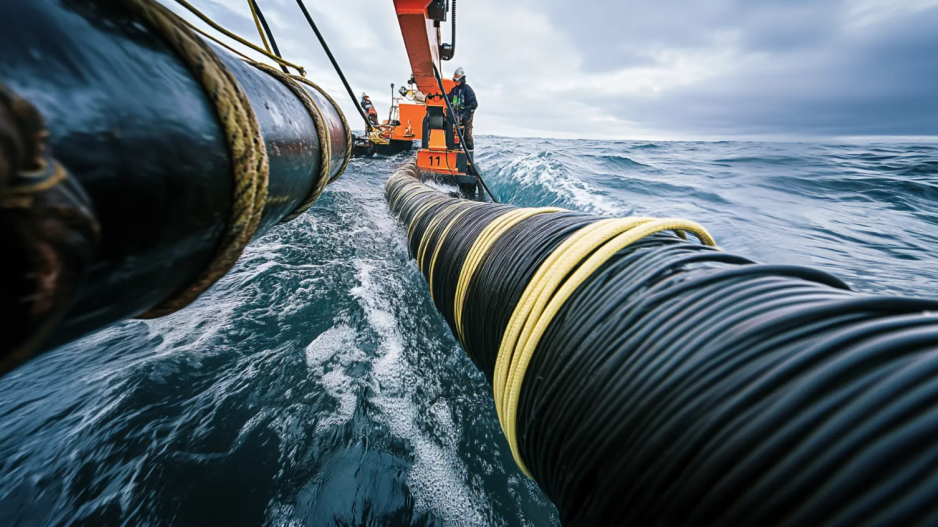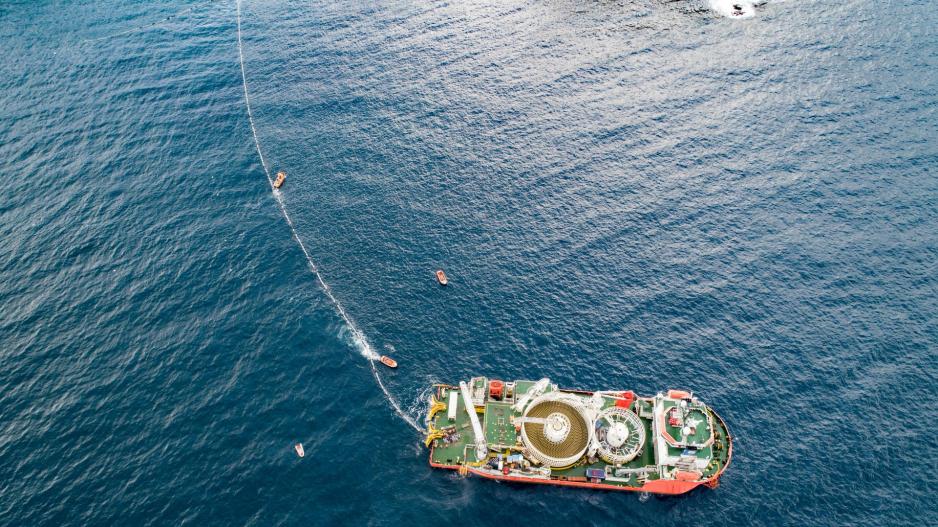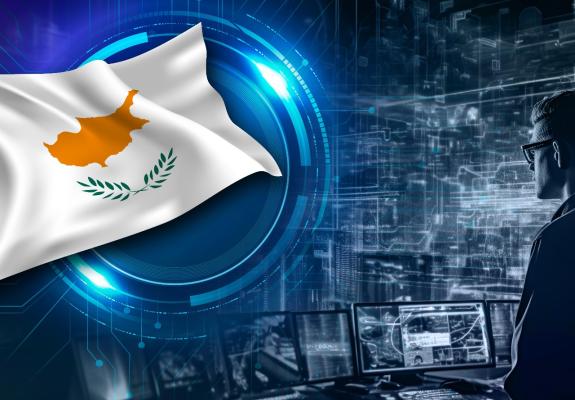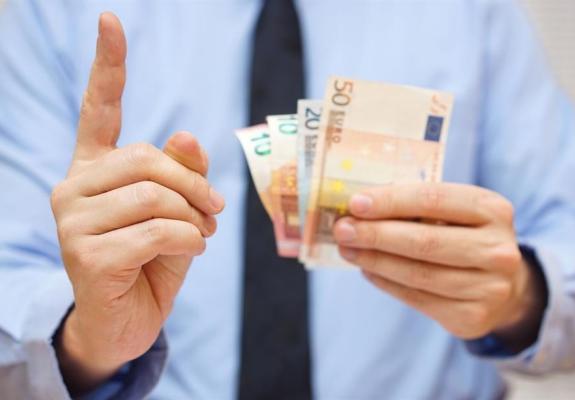Europe's Plan to Protect Subsea Cables – How Cyprus is Affected
EU Considers Investment in Ships to Secure Undersea Cable Infrastructure
The European Union is evaluating a multi-million euro public-private initiative to acquire ships capable of immediately repairing subsea cables in the event of damage or sabotage, according to the bloc’s chief technology official.
"We are currently discussing with member states the required funding," stated Henna Virkkunen, Executive Vice President of the European Commission for Technological Sovereignty, Security, and Democracy, on the sidelines of the Munich Security Conference. "Regarding security, there is an urgent need for action."
Among the subsea cables that may be included in the European protection initiative is the Cyprus-Greece electricity interconnection cable, the Great Sea Interconnector, provided that the Republic of Cyprus makes a final decision to proceed with the project. The Cypriot government has so far sent mixed signals regarding its implementation.
Although the primary risks associated with this project stem from geopolitical tensions and Turkey’s presence in the Eastern Mediterranean, the proposed initiative to safeguard electrical cables could serve as a deterrent against malicious acts. Additionally, it could provide an added layer of security by ensuring immediate repairs if and when the cable is eventually laid in the sea.

In addition, the Baltic Sea has witnessed several incidents where telecommunications and power cables running along the seabed between countries have sustained damage from passing ships.
While it remains unclear whether these disruptions were accidental or deliberate, the incidents have pushed the EU to prioritize infrastructure resilience, including strengthening the continent’s cable repair fleet, according to Bloomberg.
Subsea cables carry internet and electricity connections across countries and continents, and their disruption can cause significant digital service failures, affecting internet access, payment systems, and telecommunications. According to the International Cable Protection Committee, over 95% of global data traffic is transmitted via subsea cables.
The cables themselves are roughly the diameter of a garden hose and are susceptible to damage from natural disasters such as earthquakes, accidental incidents involving fishing trawlers dragging equipment along the seabed, and intentional sabotage. The cable repair industry relies on a small and aging fleet, with fewer than 100 repair ships worldwide. In 2023, French telecommunications company Orange SA launched a new repair vessel at a cost of €50 million ($52.5 million).
The proposed fleet procurement initiative will primarily be a public-private partnership, with contributions from the EU, individual member states, and telecommunications companies. "Everyone must participate," Virkkunen emphasized.
The necessary EU funds will be reallocated from the existing budget, as the next EU budget will not take effect until 2028. The European Commission, the EU’s executive body, plans to release further details in its upcoming action plan in the coming weeks.
A European Commission delegation is set to visit Finland this week, one of the member states most affected by cable damage. The EU is also preparing to publish three key documents outlining defense, internal security, and strategic preparedness measures as part of its broader initiative to secure critical infrastructure.






